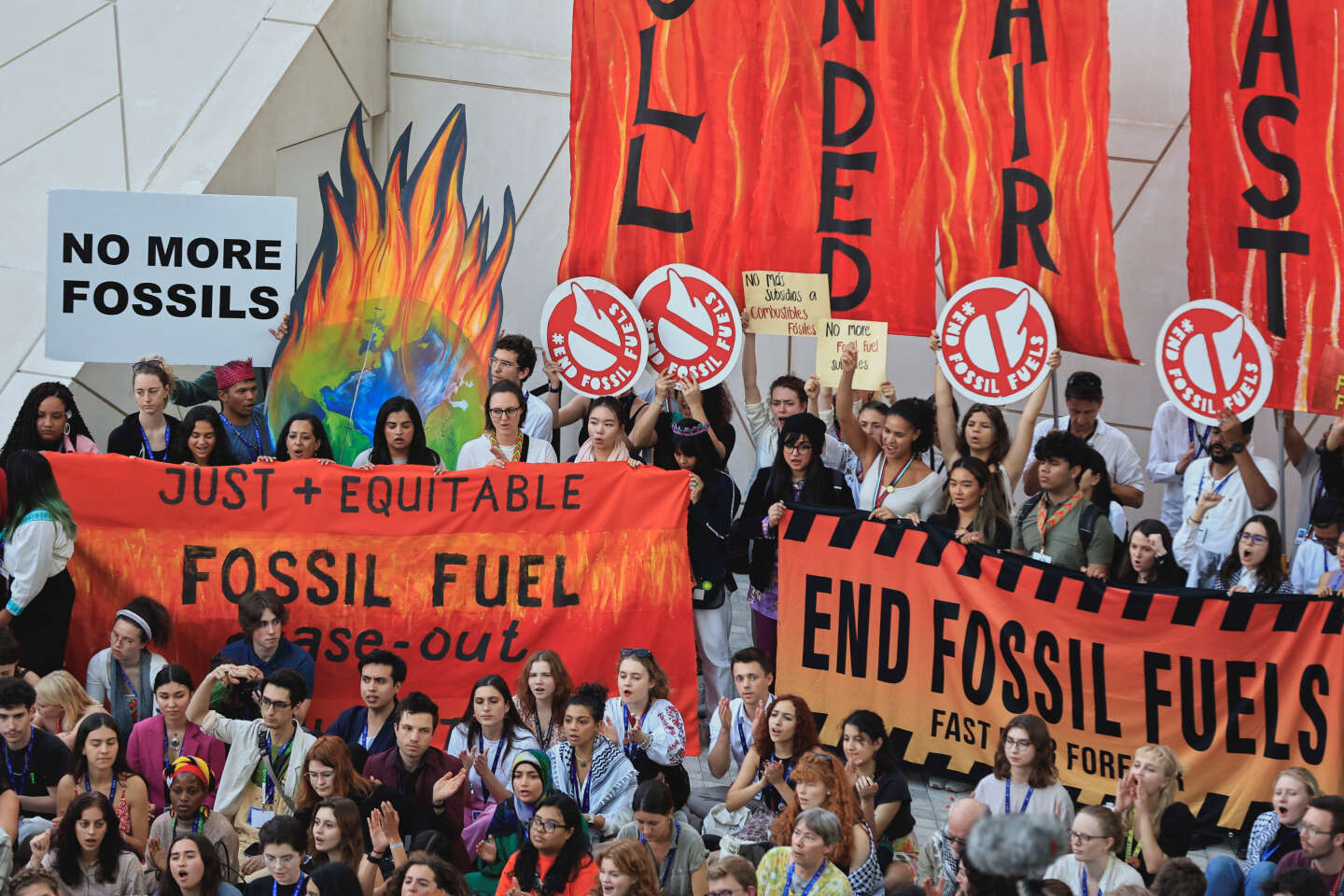


It's hard to judge the outcome of COP28, which met in Dubai in early December. Some will recall the noteworthy, concrete commitments, such as the tripling of renewable energy capacity by 2030, or the commitment by a number of oil companies to eliminate methane leaks. Others note the precautions of language that reduce the scope of the commitment to a gradual phase-out of fossil fuels, or the inability of the countries of the North to make a significant contribution to the decarbonization of the South.
Every annual conference gives rise to this sort of controversy. Public opinion no doubt remembers that the impact of these major meetings is measured more in tons of carbon burned by participants' air travel than in emissions avoided by the resolutions adopted. At least, that's the assessment made by climate activists, whose disenchantment, more visible year after year, fuels their anger.
Economists are not to be outdone. In 2015, for example, Christian Gollier and Jean Tirole were unsparing in their criticism of the strategy of voluntary commitments, which they feared would simply prolong collective inaction while maintaining the illusion of movement ("Negotiating effective institutions against climate change," Economics of Energy & Environmental Policy, September 2015). This is what led them to advocate carbon pricing.
The reason was simple: Economic logic dictates that a non-binding agreement such as the one made in Paris will not solve the "free rider" problem. Reducing greenhouse gas emissions requires effort. And indeed, while it is "collectively" in their interest to agree to it in order to control global warming, participating countries are "individually" in their best interest to do nothing and leave the burden of these efforts to others. It was on the basis of this logic that Mr. Gollier and Mr. Tirole harshly judged the Paris Agreement of December 2015, which does not oblige participating countries to set ambitious targets, and certainly not to stick to them.
Competition for performance
Eight years on, the effects of this agreement can be measured. Of course, there is no room for complacency. As the UN's Global Stocktake, which served as a backdrop for the COP28 negotiations, points out, we are far from what is needed to achieve climate neutrality by 2050 and thereby to limit the rise in temperatures – it should be remembered that warming depends on the stock of greenhouse gases, and that halting the rise in temperatures means reducing net emissions to zero. The alarms raised by climate activists remain entirely justified.
You have 55% of this article left to read. The rest is for subscribers only.
